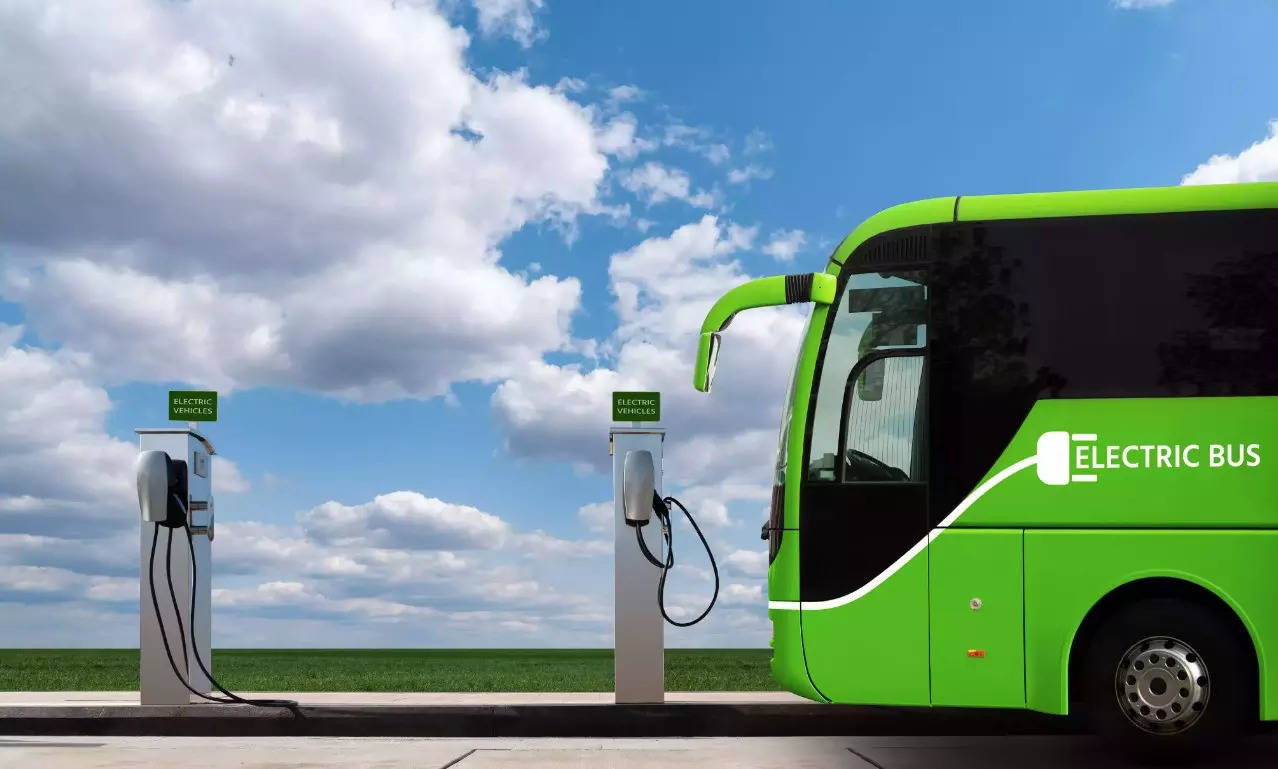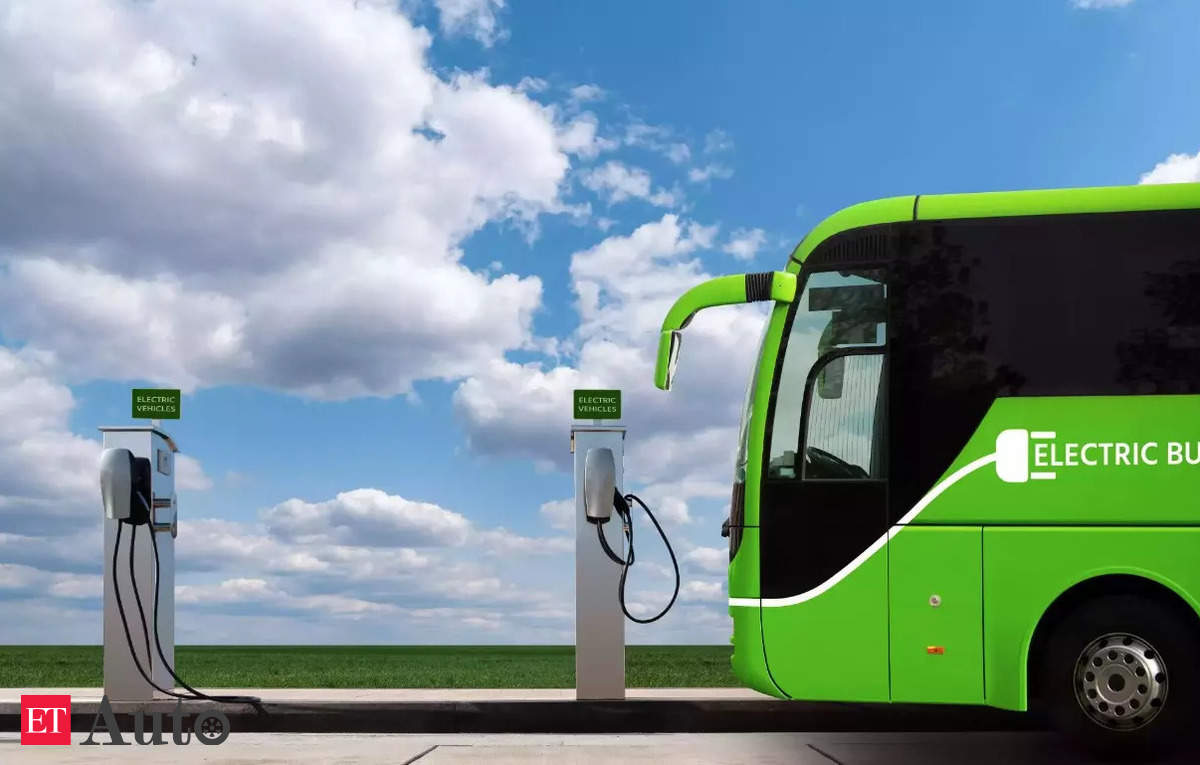
The Haryana government procured 1,370 new BS-VI diesel buses in September as part of a plan to achieve the clean fuel target set by the Commission for Air Quality Management (CAQM). Officials said the move will facilitate replacement of old buses identified for scrapping in NCR districts. Older BS-III or IV buses will be relocated to non-NCR depots.
Another 720 buses will be procured by October 31. The government is also planning to procure 375 electric buses by January 2024, according to the state transport department.
CAQM has urged Haryana, Rajasthan and Uttar Pradesh to ensure that all buses originating from NCR districts and plying to Delhi are either electric and CNG vehicles or are BS-VI diesel vehicles by November 1 this year. This, according to the CAQM, is an attempt to deal with the contribution of vehicular sources to air pollution in the region.
According to the government’s data, 1,809 non-AC buses meeting BS-VI emission norms were ordered, of which 1,222 have been delivered and 587 are yet to arrive. Similarly, 153 AC buses were ordered, out of which 20 have been delivered and 133 are pending. The state also ordered 128 BS-VI minibuses, all of which have been delivered.
CAQM has also urged NCR states to achieve the target that all buses originating from or terminating in NCR run only on CNG or electricity by June 30, 2026. Another target is for a “substantial number” of buses originating from or terminating in the NCR to be electric vehicles by June 30, 2028.
The states have also been urged to finalise plans to ensure that only buses running on cleaner fuels enter Delhi-NCR from other parts of the country. According to CAQM, the Haryana, UP and Rajasthan governments have formulated action plans to replace their BS-III and BS-IV diesel vehicles in phases.
“We will comply with CAQM’s directions. For this purpose, we have procured 1,000 new BS-VI buses, of which more than 750 have been pressed into service already,” said Navdeep Virk, principal secretary (transport), Haryana.
Though Haryana does not have an overall electrification target, it has set targets for converting its total commercial fleet and public transport fleet into electric. The policy aims to convert 100% of the bus fleet owned by its state transport undertakings into e-buses by 2029, with the first phase of 100% conversion in Gurgaon and Faridabad by 2024. Commercial fleet and logistics vehicles using fossil fuels in the two cities are to be phased out by 2024 and in all cities by 2030. All government vehicles shall be converted to electric by 2024.
Meanwhile, experts said that more steps are needed to restrain personal vehicle usage. “It is necessary to learn from global experience and implement low emission zones to promote walking, cycling and usage of public transport or clean and zero-emission vehicles while restraining entry of polluting vehicles. The authorities should design and implement steps to reduce congestion in targeted areas,” said Shubhansh Tiwari, a research associate at Amity Centre for Air Pollution Control.









